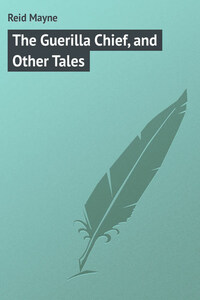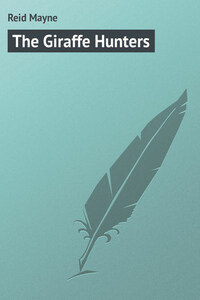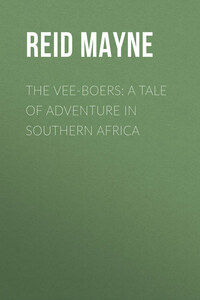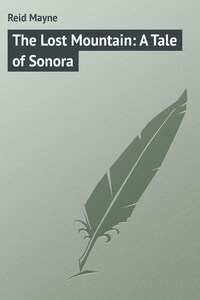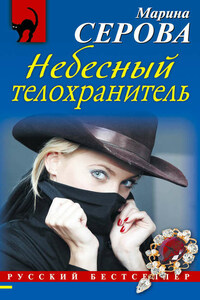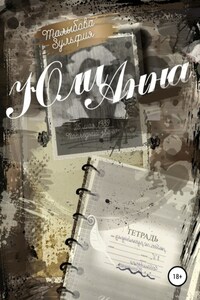Story 1, Chapter I
Cerro Gordo
“Agua! por amor Dios, agua – aguita!” (Water! for the love of God, a little water!)
I heard these words, as I lay in my tent, on the field of Cerro Gordo.
It was the night after the battle bearing this name – fought between the American and Mexican armies in the month of April, 1847.
The routed regiments of Santa Anna – saving some four thousand men captured upon the ground – had sought safety in flight, the greater body taking the main road to Jalapa, pursued by our victorious troops; while a large number, having sprawled down the almost perpendicular cliff that overhangs the “Rio del Plan” escaped, unperceived and unpursued, into the wild chapparals that cover the piedmont of Peroté.
Among these last was the lamé tyrant himself, or rather should I say, at their head leading the retreat. This has always been his favourite position at the close of a battle that has gone against him; and a score of such defeats can be recorded.
I could have captured him on that day but for the cowardice of a colonel who had command over me and mine. I alone, of all the American army, saw Santa Anna making his escape from the field, and in such a direction that I could without difficulty have intercepted his retreat. With the strength of a corporal’s guard, I could have taken both him and his glittering staff; but even this number of men was denied me, and nolens volens was I constrained to forego the pleasure of taking prisoner this truculent tyrant, and hanging him to the nearest tree, which, as God is my judge, I should most certainly have done. Through the imbecility of my superior officer, I lost the chance of a triumph calculated to have given me considerable fame; while Mexico missed finding an avenger.
Strictly speaking, I was not in the engagement of Cerro Gordo. My orders on that day – or rather those of the spruce colonel who commanded me – were to guard a battery of mountain howitzers, that had been dragged to the top of the cliff overlooking El plan – not that already mentioned as the field of battle, and which was occupied by the enemy, but the equally precipitous height on the opposite side of the river.
From early daylight until the Mexicans gave way, we kept firing at them across the stupendous chasm that lay between us, doing them no great damage, unless they were frightened by the whizz of an occasional rocket, which our artillerist, Ripley – now a second-rate Secesh general – succeeded in sending into their midst.
As to ourselves and the battery, there was no more danger of either being assaulted by the enemy than there was of our being whisked over the cliff by the tail of a comet. There was not a Mexican soldier on our side of the barranca; and as to any of them crossing over to us, they could only have performed the feat in a balloon, or by making a circuitous march of nearly a dozen miles.
For all this security, our stick-to-the-text colonel held close to the little battery of howitzers; and would not have moved ten paces from it to have accomplished the capture of the whole Mexican army.
Perfectly satisfied, from the “lights with which we had been furnished,” that there was no danger to our battery, and chafing at the ill-luck that had placed me so far away from the ground where laurels were growing, and where others were in the act of reaping them, I lost all interest in Ripley and his popguns; and straying along the summit of the cliff, I sat me down upon its edge.
A yucca stood stiffly out from the brow of the precipice. It was the tree-yucca, and a huge bole of bayonet-shaped leaves crowning its corrugated trunk shaded a spot of grass-covered turf, on the very edge of the escarpment.
Had I not scaled the Andes, I might have hesitated to trust myself under the shadow of that tree. But a cliff, however sheer and stupendous, could no longer cause a whirl in my brain; and to escape from the rays of a tropical sun, at that moment in mid-heaven, I crept forward, caught hold of the stem of the yucca, lowered my extremities, all booted and spurred as they were, over the angle of the porphrytic rock, took a Havana out of my case, drew a fusee across the steel-filings, and, hanging ignited the cigar, I commenced watching the deadly strife then raging in full fury on the opposite side of the ravine.
The prudent nawab, who preferred looking at a tiger-hunt out of a two-storey window, or the spectator of a bull-fight in the upper tier of a “plaza de toros,” could not have been safer than I, since, without running the slightest risk, I had a “bird’s-eye view” of the battle.
I could see the steady advance of Worth’s division of regulars, supported by the fiery squadrons of Harney’s Horse; the brigade of Twiggs – that hoary-headed sexagenarian bavard, since distinguished as the “traitor of Texas;” the close-lined and magnificently-mounted troop of dragoons with horses of light grey, led by Phil Kearney – Kearney, the accomplished gentleman – the best cavalry officer America ever produced; the dashing, daring Phil Kearney, who, under my own eyes, lost his right arm in the
